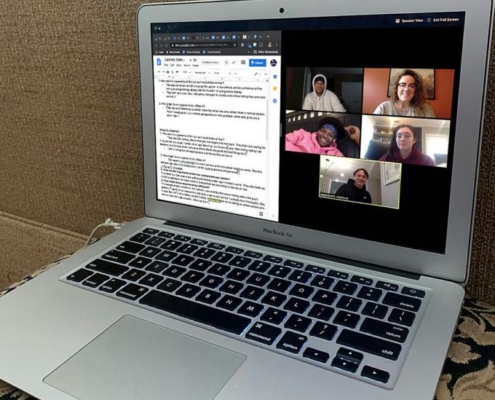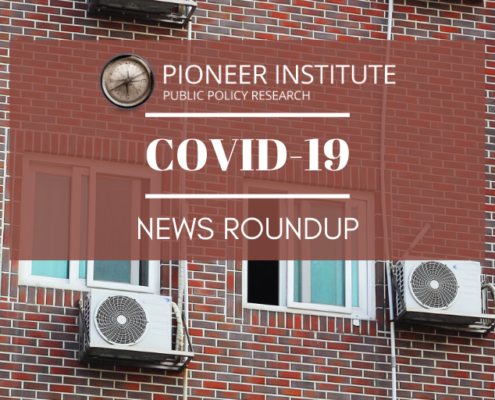Re-opening for business: What should employers and commercial real estate managers do to prepare?
Pioneer Institute is a public policy organization, but more than anything else, we focus on what impacts people’s daily lives.
As Massachusetts employers and commercial property managers prepare for the “green light” to re-open their businesses, they will have many questions that go beyond public policy — questions that will impact the lives of their tenants, employees and their customers, with safety being of primary concern. They want to consider and mitigate all known workplace risks – and such deliberation is critical so we can get back to our places of business.
Weeks away from re-opening, now is a time when employers and real estate managers must act. To assist our community in doing a great job of preparing, Pioneer Institute, in partnership with the law firm of Verrill, is sharing two checklists that will help you comply with that law and keep your employees safe. These checklists for employers and commercial real estate managers will help you anticipate challenges before they arise and develop feasible and useful methods to successfully deal with those challenges when they do.
Checklist for Commercial Landlords and Tenants
The checklists are meant to keep recommendations simple enough so that you can track them. Behind each recommendation are links to additional resources so that you can dig deeper and make sure you are very well-prepared for re-opening.
Clearly, the laws, as well as state and local rules and guidelines, during a pandemic are in flux. So, these checklists can be a powerful resource, but knowledge of and compliance with changing rules and guidelines is also critical.
The Institute is deeply grateful to the wonderful team of attorneys from across the practice areas and the Boston, Portland, and Westport offices of the law firm of Verrill for their tremendous work in preparing these checklists. If you have questions on any of the recommendations in these checklists, please do not hesitate to email Jim Roosevelt at jroosevelt@verrill-law.com or Jeff Heidt at jheidt@verrill-law.com.








